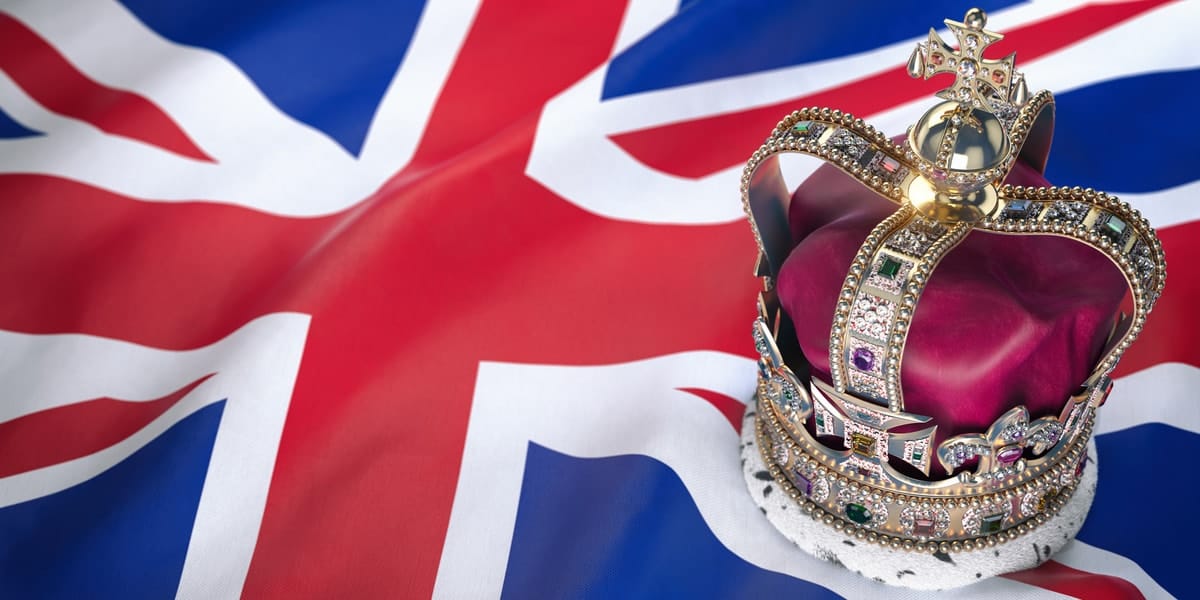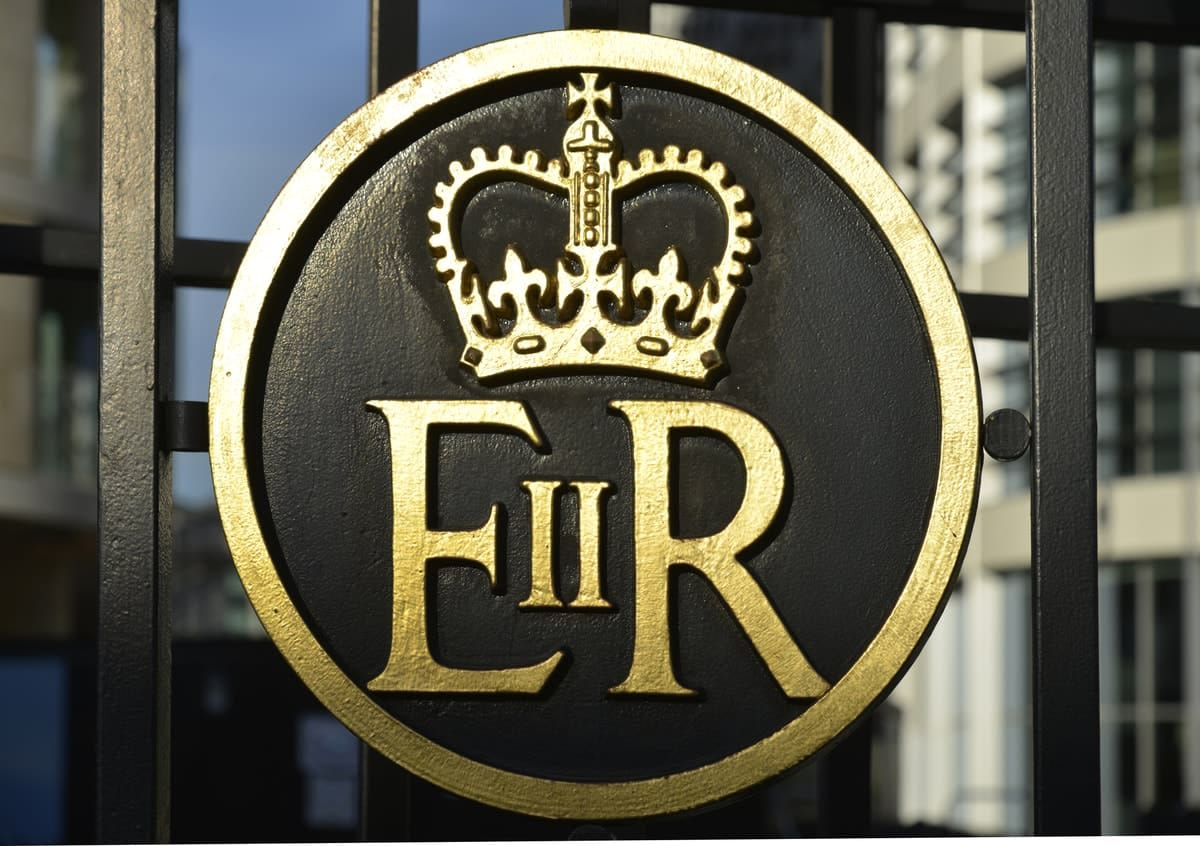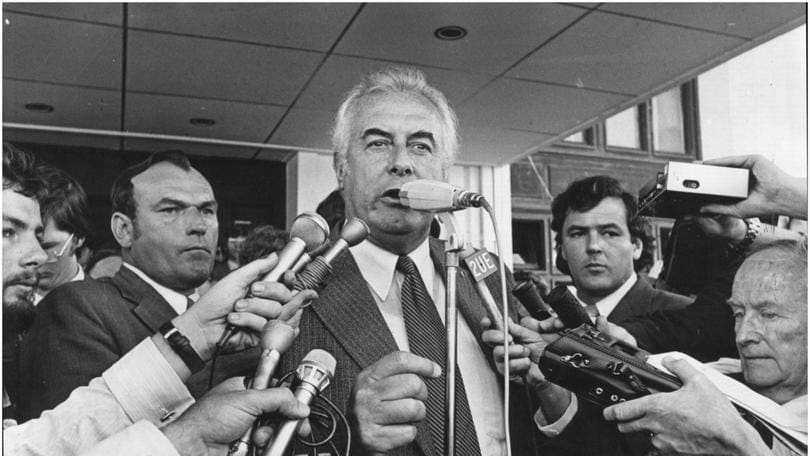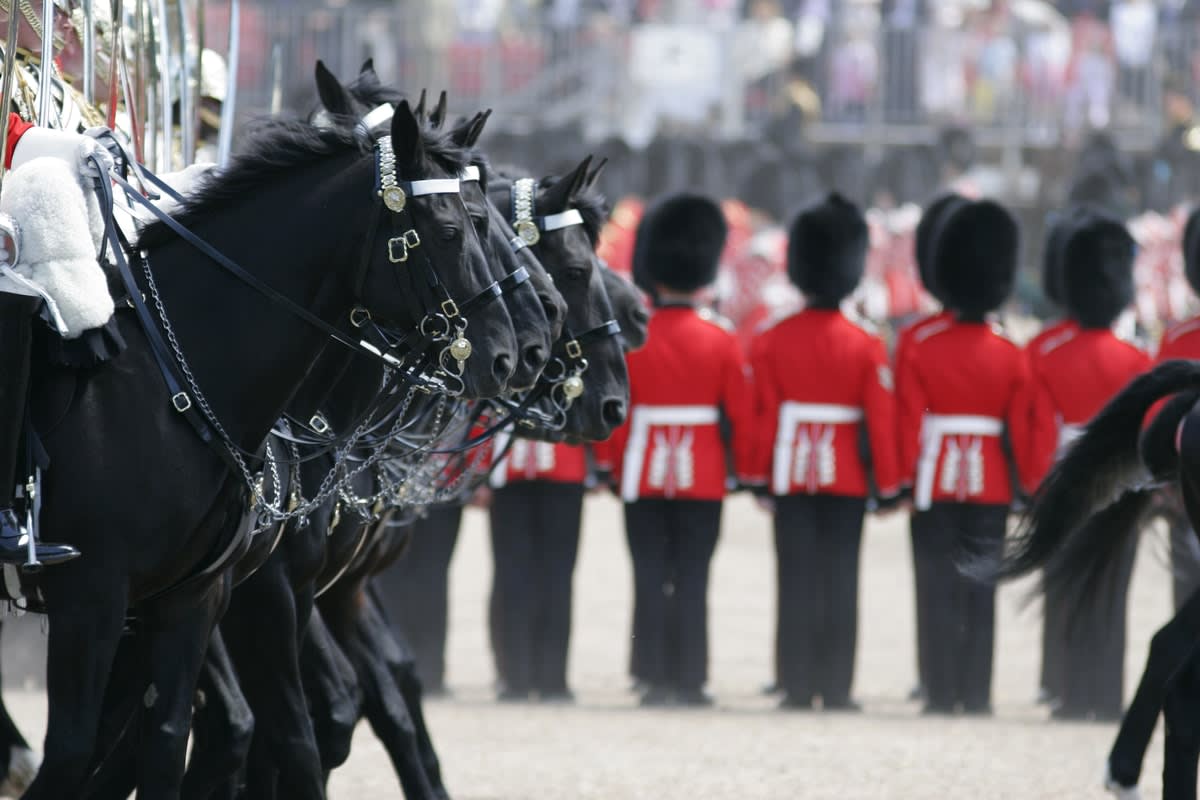
Sooner rather than later – she turned 96 last month – Elizabeth Mary Alexandra Windsor will die, and Buckingham Palace will issue the solemn missive: “The Queen is dead, long live The King.”
That King will be Charles, taking over a monarchy that’s losing its Commonwealth power and influence, and a family steeped in dysfunction.
Barbados became a republic this year, with Jamaica tipped to be next. The Queen is only head of state in 15 of the remaining Commonwealth countries, including Australia and Canada.
Plus, all the family troubles. Queen Elizabeth’s grandson, Harry, left the family in 2020 to live in California with his wife, Meghan Markle, and their family. Harry’s mother, of course, Diana, died in a shocking car accident in 1997 after a troubled stint as a royal from the 1980s.
The Queen’s second son, Andrew, also found himself in a monumental spot of bother after being closely linked to Jeffrey Epstein’s trafficking and child sexual abuse of young girls. Andrew was stripped of some royal affiliations by his elderly mother, and settled a legal case brought by an alleged victim out of court earlier this year.
In a current documentary about British celebrity and notorious pedophile Jimmy Savile, Charles was revealed to be a close confidante.
The Queen’s husband, Prince Phillip, died last year aged 99. They were married for 74 years.
Inheriting a much-changed monarchy
When Charles becomes King, he’ll inherit a markedly different monarchy to the one his mother took over, a (still popular) monarchy in crisis and struggling to evolve, and facing an imminent succession.
“I think the monarchy is in real trouble as it moves towards King Charles,” says Monash’s Emeritus Professor Jenny Hocking, a political scientist and Gough Whitlam’s biographer.
“The Queen has given it stability. Her longevity has brought a sort of comfort from the fact that she's always been there, that we're familiar with her as our Queen.
“But if you look at the family more broadly, it’s divided and increasingly dysfunctional, and not even Prince William can command the remarkable popularity of the Queen. They refer to themselves as ‘The Firm’, which emphasises the tension between the dynastic element of the royals as a family and the business aspect of a monarchy in contemporary terms.”

Interventions in government legislation
In contrast to her benign, ceremonial image, Queen Elizabeth was recently outed by investigative journalists from The Guardian in the UK as a regular intervener in proposed government legislation.
Prince Charles also featured heavily in the investigation, which revealed that proposed British laws were vetted by the Queen through a secretive and archaic procedure called the ‘Queen’s Consent’, before they were presented to parliament.
“We assume in a modern democracy that any sort of meddling, if you like, by the monarchs, is just not possible. Well, it is, and it happens,” Professor Hocking says.
Read more: Australia’s future: The new republic model is a good move forward
Which may lead to big problems for Charles when he becomes King. Two years ago, Emeritus Professor Hocking broke through the Royal Family’s wall of secrecy by winning a long court action to access 45-year-old correspondence between the Queen and her representative in Australia, Governor-General Sir John Kerr, concerning the 1975 dismissal of then prime minister Gough Whitlam and his government.
It was the only time in Australian history an elected government had been removed by the governor-general. As the BBC reported:
“Until that point, no one had even known the Queen's representative – a mainly symbolic figure – had such power (and it remains a contested point among legal experts)”.
Prince Charles wrote to Kerr congratulating him on his “courageous” action in dismissing the elected government. The image of a queen, or king, as benign with no real power, Professor Hocking says, is “just a surface understanding” of the monarch's very significant role.
“What I'm interested in, is how much more apparent that involvement in both political and legal matters may be with Prince Charles.
“The essence of a constitutional monarchy is that they’re politically neutral, they have to remain out of political matters, they have to really have no involvement in either legislative or political matters, and that hasn't always been upheld by the Queen, and even less so by Charles.”

Will the King stay in his lane?
The question is, can Charles, as King, stay in his lane? Through history, the British monarchy has been quite keen on getting involved in law-making, despite being unelected.
“The great concern I have, and what I think we need to look at for the future, is that Prince Charles has already been far more overtly meddling and interfering in a range of matters – political matters, cultural matters, matters of architectural remit, and so on. His view of climate change, even.
“I mean, much as people may applaud his comments, the fact is climate change is still unfortunately a contested political space and, in my view, a constitutional monarch does not involve themselves in those discussions, even where we might agree with what they say.
“This is what enables two fundamentally contradictory aspects of the monarchy within a Westminster-style parliamentary democracy to be maintained. You have something that is essentially an entirely dynastic, unelected birthright with significant residual powers, sitting together with an electoral framework.
“The only way you can bring those things together and make it manageable, if you want to remain a constitutional monarchy, is to ensure that the monarch does not involve themselves in the political fray.”
Charles’ actions concern royal-watchers
Emeritus Professor Hocking says the view of Charles by those who watch the British monarchy and how they interact with government is one of concern.
“I think there's a very strong view that as the monarch to come, he ought not to be intruding into that space currently, but that he won't be able change the way he behaves. He claims to understand fully – and I'm sure his courtiers understand fully – that it's a dangerous path to go down.
“The idea that his birthright gives him the capacity to write to members of government, as he did with the Blair government, and demand policy changes and dictate changes, some of which Blair acceded to, is quite an outrageous intervention – to interfere with government when the role of a constitutional monarch is that they must remain aloof from that at all times.
“The added concern, of course, is that this is done in secret, and only revealed years later. So you not only have the capacity for significant power to be exercised, despite public denials, but where it’s exercised, we don't know about it.”

Fuel for the republican cause?
The death of the Queen and the advent of King Charles, Professor Hocking believes, may well lead to calls for Australia to become a republic.
“I can imagine a situation where Australians become less enamoured of the monarchical structure and more willing to consider, as Barbados has just recently, moving towards a republic where we determine our head of state for ourselves, and not by birthright of a British family.”
The only way you can bring those things together and make it manageable, if you want to remain a constitutional monarchy, is to ensure that the monarch does not involve themselves in the political fray.
Prince Harry decamping to America to set up his own family life showed that younger royals can be less easily controlled now. They can perceive the outside world differently.
“In some ways, I think it was easier for a royal family to control their extended familial members when the possibilities of life outside that tight milieu was so much more constrained and more difficult for them to enter into.
“Prince Harry's been able to jump across to America with his wife, Meghan Markle, and their family, and have a life that's his to lead, beyond the constraints of the pretty dreadful late-19th-century monarchical life. In some ways I can fully understand that.
“It seems there’s less desire to remain within what is really a very arcane notion of royal family life any longer, and for the people within it to take a place in a world that’s one they earn for themselves and don't just inherit.”
Charles’ precarious position
All of which leaves the future king exposed.
“Charles is not as popular, nor as loved and respected as the Queen is, and he’s used to speaking out about matters he cares about in ways which are not always appropriate.
“As King, his best way forward will be, like his mother, not to comment on matters beyond shaking hands, having a ceremonial role, travelling as the monarch does through Commonwealth nations, making his presence known without engaging publicly with matters that he’s previously engaged with.
“One of the problems of that, of course, is that it’s very managed, it’s very staged, and it doesn't allow the monarch to develop either intellectually or socially beyond that very constrained space.”





